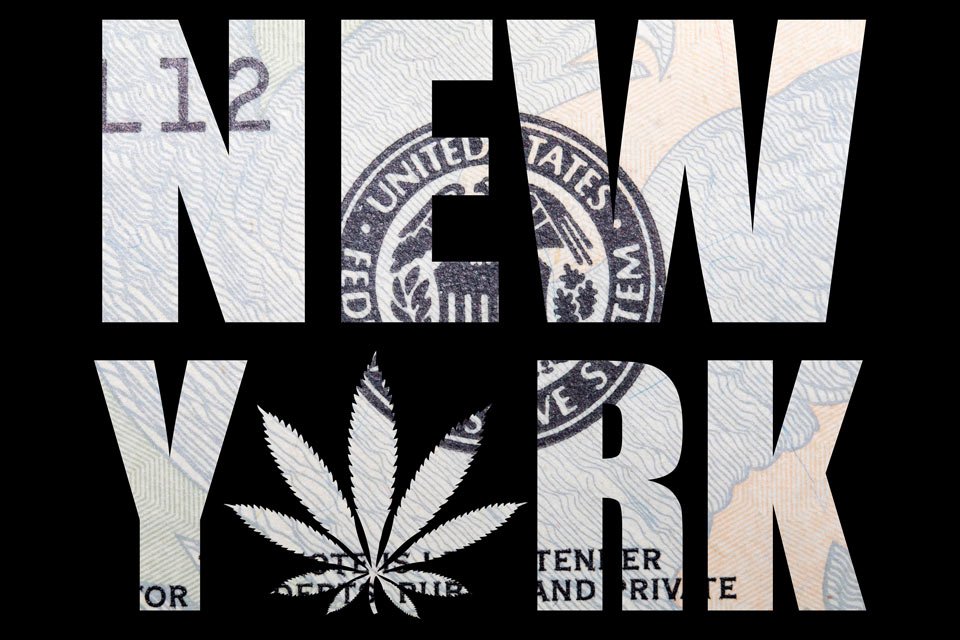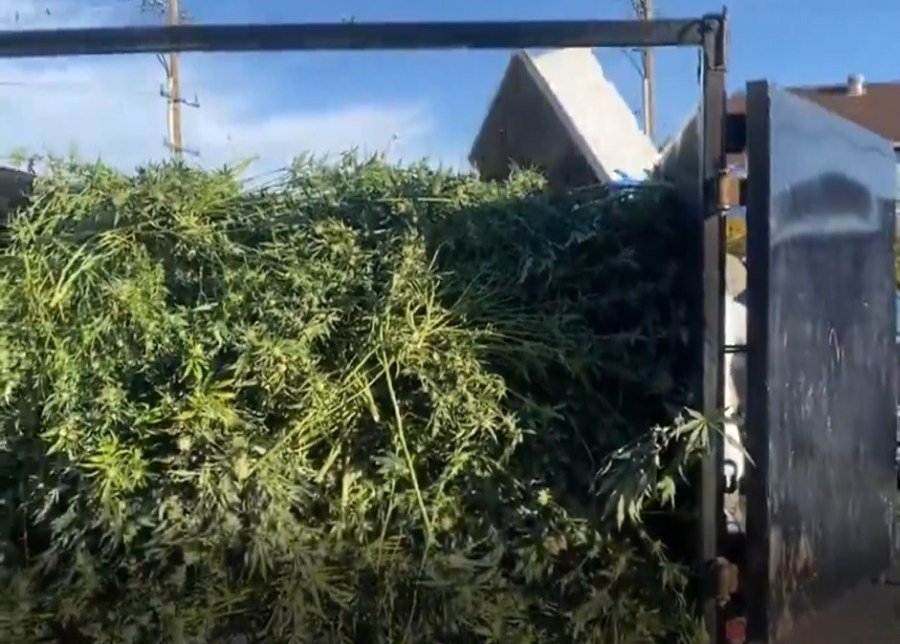Cannabis shops in Austin are preparing for potential closures as Senate Bill 3, which bans consumable THC products, awaits Governor Greg Abbott’s decision. This bill, a key focus for Lieutenant Governor Dan Patrick, was delivered to the governor’s desk on Sunday. If signed, it would close a loophole in Texas’ hemp law that has enabled numerous cannabis retailers to operate legally since 2019.
An estimate suggests that the passage of SB 3 could lead to the loss of 50,000 jobs statewide, but some local business owners believe the actual number could be much higher. Greg Autry, CEO of Sweet Sensi, a cannabis shop on Congress Avenue, stated that if the bill passes, not only would his 42 employees face layoffs, but also their security staff and workers from a packaging company he collaborates with.
“I’ve never been more disappointed to be a Texan in my life,” Autry expressed. His employee, Nicole Cosper, emphasized the personal impact of the bill, saying, “I’m a mom of two, so this is my livelihood. I pay my bills with this job.”
Supporters of SB 3, including Representative Tom Oliverson of Cypress, argue that the bill is necessary to eliminate high-concentration THC products sold at gas stations and convenience stores, which often attract minors and have been linked to increased poison control calls in Texas. Oliverson stated, “No social good comes from the legalization of intoxicants. What began in 2019 as a bipartisan effort to support Texas agriculture has since been hijacked by a cottage industry of unregulated THC sellers.”
However, Autry fears that a complete ban on THC products will drive sales underground and harm legitimate businesses that operate under state regulations. Sweet Sensi only sells products containing a maximum of 10 milligrams of THC. “Let’s regulate it and make sure that veterans get their medicine and our employees don’t lose their jobs,” he said.
Todd Harris, co-owner of Happy Cactus, shares similar concerns and advocates for stricter regulations instead of an outright ban. Without effective state oversight, he has been self-regulating his business. Harris noted that the bill’s restrictions would make it nearly impossible for his shop to remain open, as it permits only the sale of CBD and CBG, which make up just 1% of his sales. He would also be forced to destroy any remaining THC products if the bill takes effect on September 1.
With a monthly rent of $3,000 and two years remaining on his lease, Harris fears the financial strain will be detrimental to both his business and his employees. “All these shops are going to have to rely on landlords being compassionate, but it’s going to harm a lot of landlords, too,” he said.
If SB 3 becomes law, Autry plans to pivot his business model to convert Sweet Sensi into a cannabis-themed bar, allowing him to keep some employees as bartenders. However, he expressed reluctance about this shift, stating, “I don’t want to sell alcohol. I want to promote responsible consumption.”
Autry remains hopeful that Governor Abbott will veto the bill, as he believes there are many businesses like his that want regulations rather than an outright ban. “I would hope that he would see that there’s a majority of us who want to operate responsibly,” he added. As the cannabis community awaits the governor’s decision, the future of many businesses hangs in the balance.




